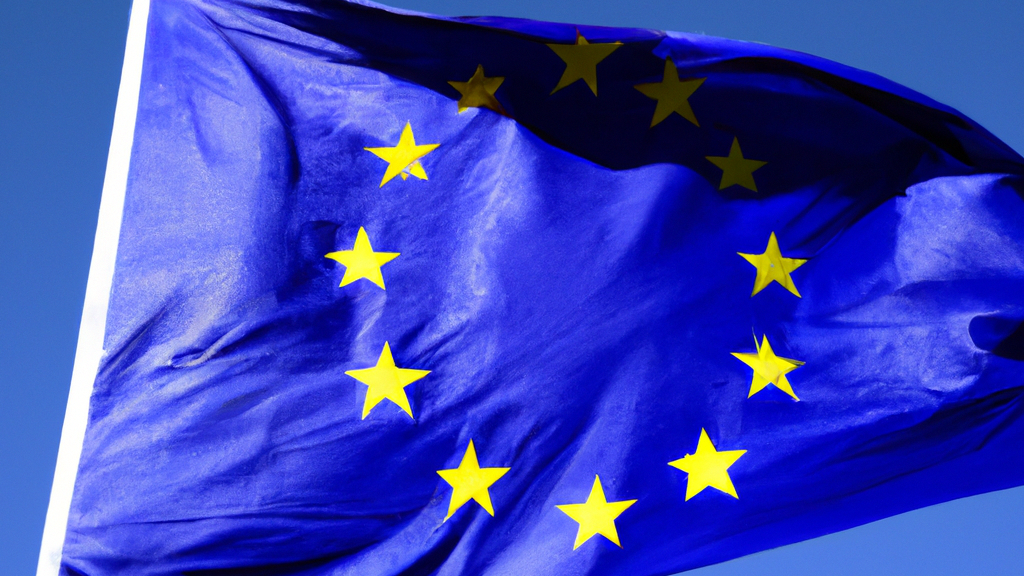With the European elections two months away, it is time for us to look at the main players of the European representative democracy: the political groups of the Parliament. We have interviewed some of their leading figures in order to understand who they are, what values they defend and also what they think about the main questions of European political debate. This is what they told us.
Few days ago we explained to you the EFN through the words of Nicolas Bay. Today we are moving to the other side of the European political spectrum. It is time to introduce to you the S&D, the most important centre-left political group within the European scenario. Moreover, Socialists and Democrats represent the second largest European group within the EP, thanks to their 187 MEPs. The group is based on values like freedom, equality, justice, solidarity and diversity.
To understand who the S&D are and which are their main ideas regarding the elections, we had the opportunity to interview Uttla Tuttlies, Spokeperson of the group and Head of the Press Office.
Which political strategy is S&D/are you going to use to succeed in these elections? Do you think that increasing turnout should be a priority for European political forces? In which way is S&D/are you going to mobilize new voters into political debate?
First of all, it’s important to make the distinction between the S&D Group and the Party of European Socialists (PES). The PES represents national parties and takes the lead on campaigning. The S&D Group represent MEPs and we will be promoting the achievements of our MEPs work over the last 5 years.We have a very strong record in terms of achievements. We always put people before numbers and prioritise investment over cuts. We have made sure that tax justice is always high on the EU’s agenda to make things fairer for people. We have promoted a low-carbon economy, but without the cost of this transition falling on those with the least. With 1 in 4 children at risk of poverty in Europe, we led the support to introduce a Child Guarantee in Europe. This means that children and young people most in need, suffering from material deprivation are being taken care of and provided with equal opportunities to reach their potential.We are showing that we have a fair plan to respond to people’s worries and concerns. And we need to show that we are serious about changing Europe. The status quo isn’t an option.
For any group or party that calls themselves democratic, increasing voter turnout has to be important. And for us that needs to be the case for young people in particular. If you want to shape the future, you have to go out and vote for it. After the Brexit referendum, we started the TOGETHER initiative, which is really about listening to people, going to the streets, not only to capitals, but to smaller cities and towns as well, to the local level. With this initiative, there is also an online platform where young people can get involved in our work. We really encourage anyone to get involved, not just people who are already politically active, that’s not the point.
One of the methods that have been developed to increase the turnout is that of the Spitzenkandidat. Which are the reasons that led S&D to its choice?
Our lead candidate Frans Timmermans, is running a positive campaign against the fear of the extremists, nationalists; and his ideas are based on optimism. This is exactly what we need right now.
What does S&D/do you think about the problem of migrants that the Union is facing? Which does S&D think is the best way to handle the problem?
Which are S&D/your positions on EMU functioning? Which reforms is S&D/are you going to propose in sectors as Eurozone governance and budgetary rules? On which kind of strategy and priorities should be based the next Multiannual Financial Framework?
Over the past few years, there has been progress on the reducing risks in the Eurozone. The European Parliament has worked tirelessly and constructively to make this happen. But we’ve found that national governments are reluctant to share risks. We think that you need a meaningful budget to make sure the Eurozone is stable in the long run thus reducing inequalities amongst regions in the E.U And it’s important to deal with these issues now. With Brexit ongoing and Trump in the US, the need for a robust economic and monetary union is quite urgent.The Multiannual Financial Framework is quite a technical term but it deals with really fundamental questions. It’s not just about money, but about shaping what kind of society we live in. We are very clear that the MFF should be based on the UN’s sustainable development goals and this means dealing with issues like poverty, climate change and housing, just to name a few.
